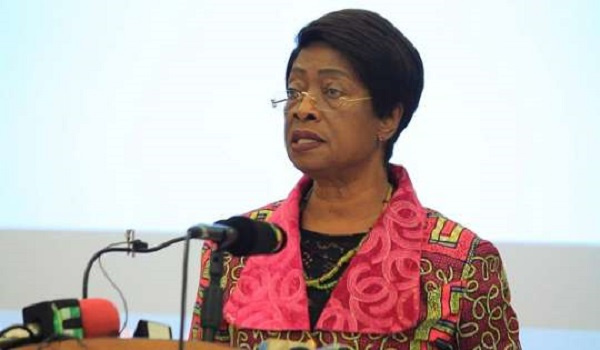
The Chief Justice who retires on December 20, 2019, made the comment at a brief ceremony after her valedictory judgement earlier on Wednesday.
According to her, “Ghana has the best constitution in this world, and let us make it work for us” and that it was fashioned in a way that reflects the country’s history and aspirations.
She charged her colleagues on the bench to protect Ghana by safeguarding the constitution.
“So I charge my colleagues on the Supreme Court, please protect Ghana by protecting your function, your judicial function, particularly functions that are yours under the constitution,” she said on Wednesday.
Making the Constitution work means protecting it from all actions that will attempt to undermine it, Sophia Akuffo said.
She added that Ghanaians should not compromise the Constitution to the advantage of the executive or legislature, and charged the gathering to protect Ghana.
“Let us not compromise it to the advantage of the executive, or to the advantage of the legislature. Our constitution was configured as it was because of our peculiar history and that is why unlike many constitutions so much power was given to the judiciary and particularly the Supreme Court.”
“So let us uphold and protect that function. It’s not the power by itself, it’s the function that arises from the power and thereby we protect every citizen in this country,” Ms Akuffo warned.
Many have said Ghana’s basic law was outmoded and it was time for a comprehensive review 27 years after coming into force. Portions of the Ghanaian Constitution were amended in 1996 and efforts have since been made to review or amend other provisions with the recent being the botched amendment of article 243 (1) and the referendum on Article 55 (3).
Prior to this, an all-inclusive process was commissioned in 2010 to do a root and branch review of the Constitution but the Professor Albert Fiadjoe’s Constitution Review Commission’s report and its white paper continue to gather dust.
It is not clear if the CJ’s comment on the goodness of the Constitution is to suggest that the basic law is fine without a review or she was in principle extolling how useful it has been to Ghana’s success at practising democracy.
Valedictory Judgement
In a major development to Ghana’s laws, the Supreme Court has in a unanimous decision ruled that the maximum 48-hour power the police has to detain an arrested person in State custody without being granted bail or extension includes weekends, public holidays and periods of civil unrest.
The decision, made by Chief Justice, Sophia Akuffo, Justice Kwasi Annin Yeboah, Justice Paul Baffoe-Bonnie, Justice Sule Gbadegbe, Justice Alfred Benin and Justice Nii Ashie Kotei is to take effect in six months’ time.
The judges further asked the judicial secretary to within six months make arrangements for overtime pay for officers of the courts, especially District courts, who will work on weekends, holidays for this purpose.
The seven-member panel also directed the Chief Justice, the Inspector General of Police, Registrars of the various Courts to ensure that the ruling of the Court is brought to the attention of all interested parties to ensure its enforcement.
It was Justice Sophia Akuffo’s valedictory judgement.
The decision follows an application by private legal practitioner, Martin Kpebu invoking the original jurisdiction of the Supreme Court for an interpretation of article 14 clause 3 of the 1992 Constitution which states that;
“a person who is arrested, restricted or detained (a) for the purpose of bringing him before a court in execution of an order of a court; or (b) upon reasonable suspicion of his having committed or being about to commit a criminal offence under the laws of Ghana, and who is not released, shall be brought before a court within forty-eight hours after the arrest, restriction or detention.
Mr. Kpebu in his suit sort eight (8) reliefs from the Supreme Court. Amongst them was “a declaration that on a true and proper interpretation of article 14(3) of the Constitution (1992) a Saturday, a Sunday, a public holiday, anytime during a civil unrest and any other day that the courts in Ghana cannot sit (e.g. during strike by judicial service staff or during a strike by any other stakeholder that will prevent the court from sitting) would be counted in reckoning the 48 hours within which a person arrested or detained on suspicion of committing a crime and not released must be brought before a court under article 14 (3) of the Constitution of Ghana (1992)”.
Read Full Story

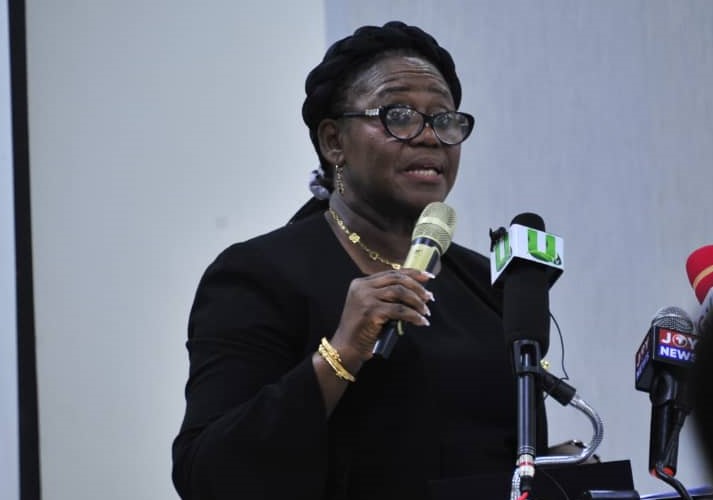
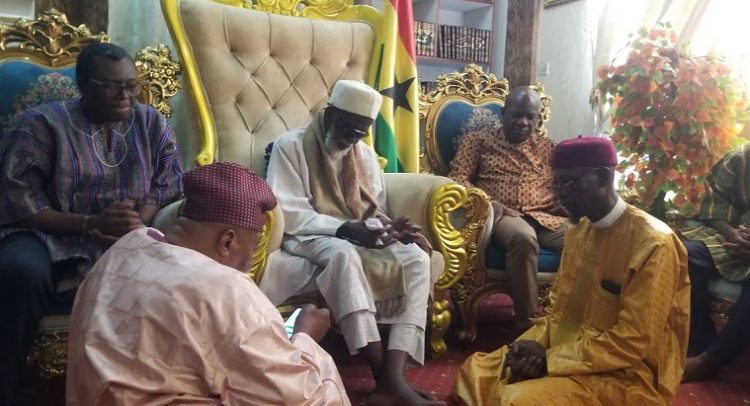


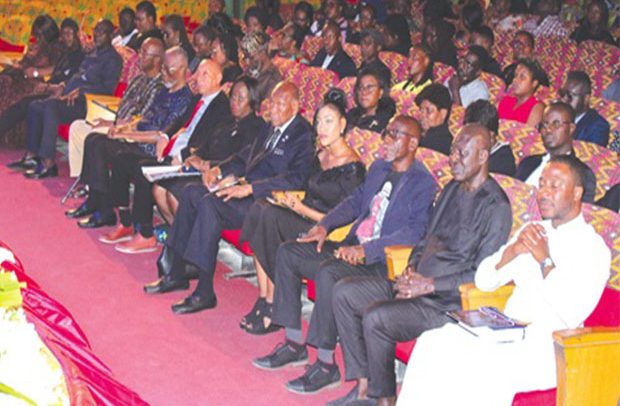

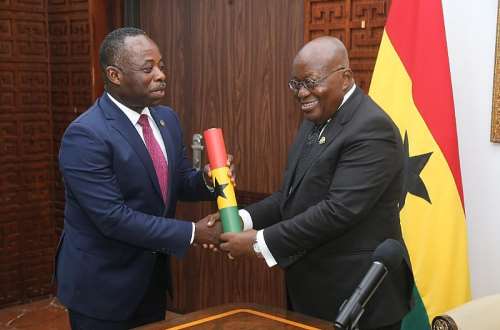










Facebook
Twitter
Pinterest
Instagram
Google+
YouTube
LinkedIn
RSS